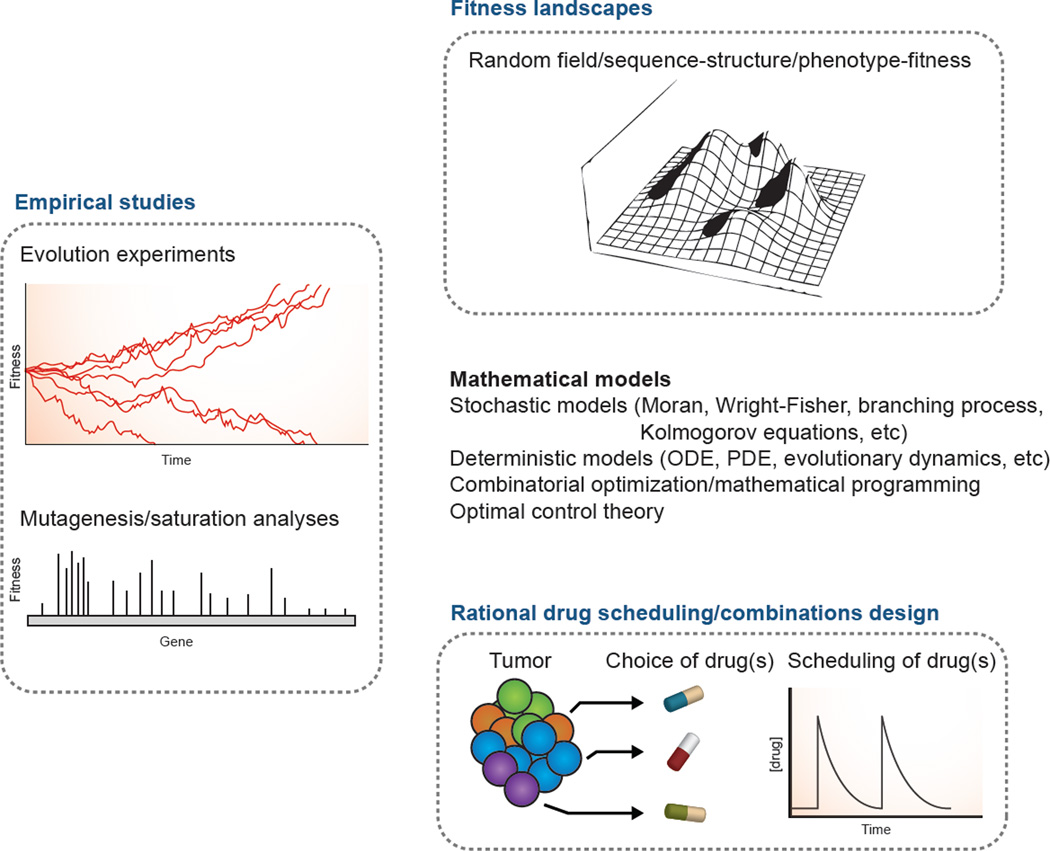Figure 2. Outlook of using enabling technologies and quantitative approaches to study cancer.
Cancer is currently viewed as an evolutionary process. This necessitates the design of empirical studies to specifically address cancer evolution as we have done in population genetics studies – including evolution experiments with high-resolution lineage tracing and mutagenesis/saturation analyses to systemically understand the fitness of specific alterations. Fitness landscapes provide one way to gain insight into how genotype or phenotype are mapped to fitness under different conditions. This information will be invaluable for the effective and rational design of optimal drug scheduling and drug combinations. Critical to these studies are the use of quantitative approaches rooted in population genetics, evolutionary biology, and engineering.

